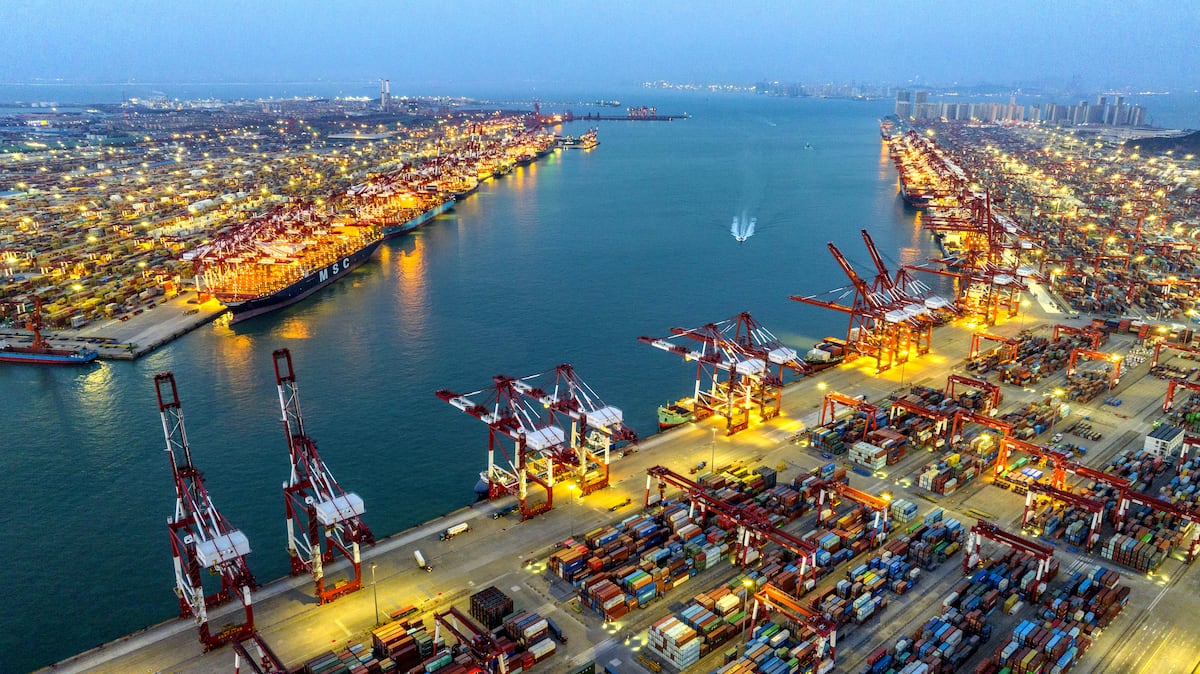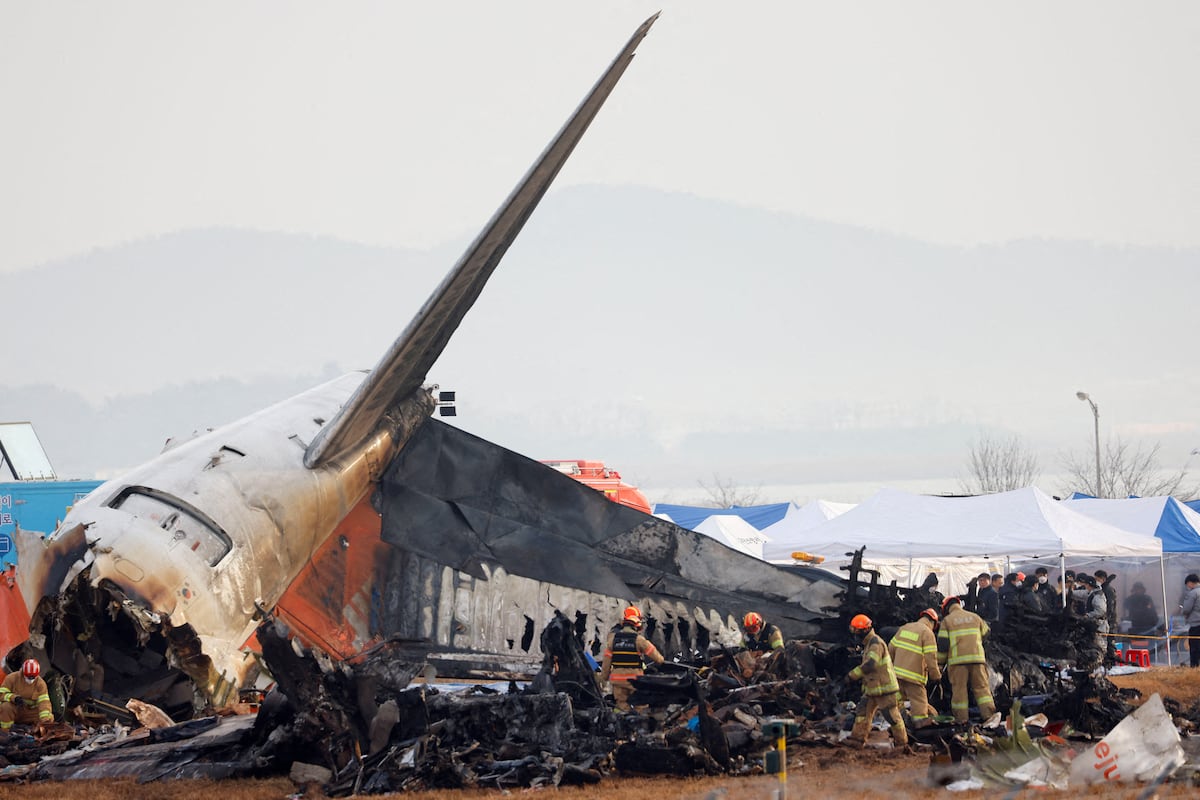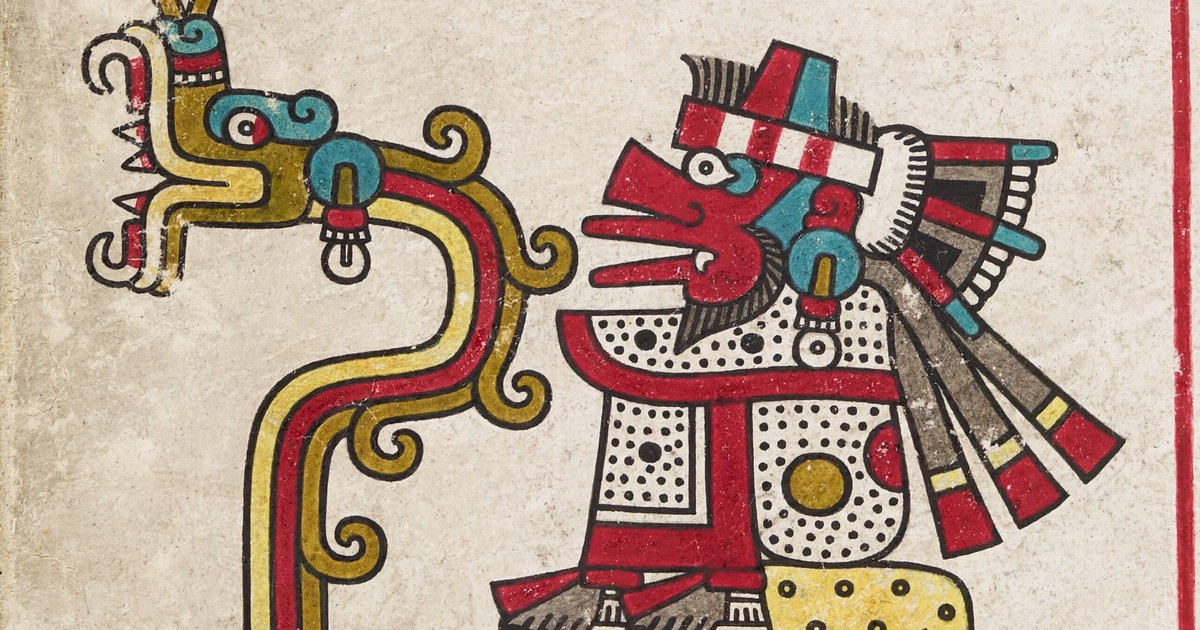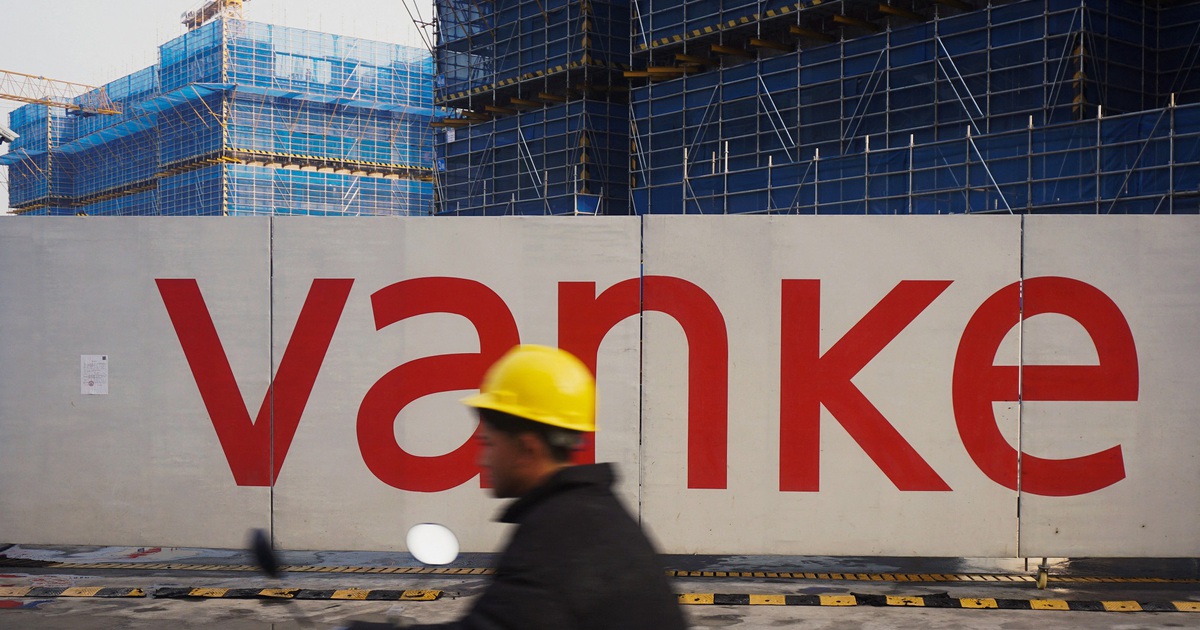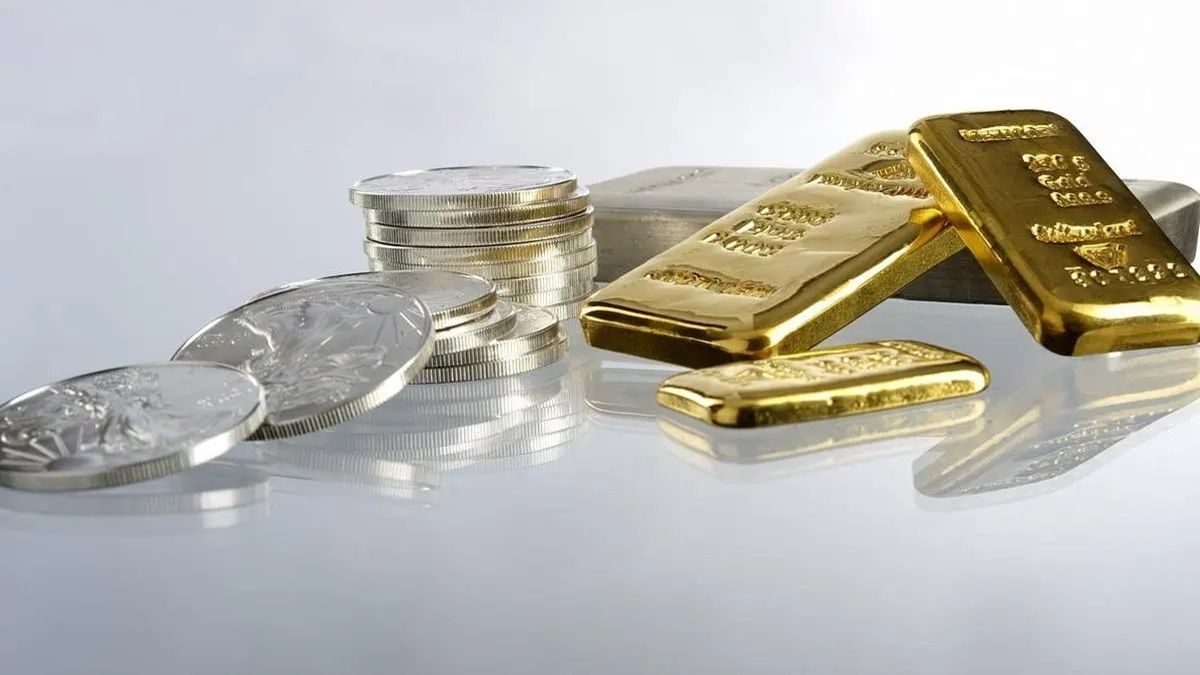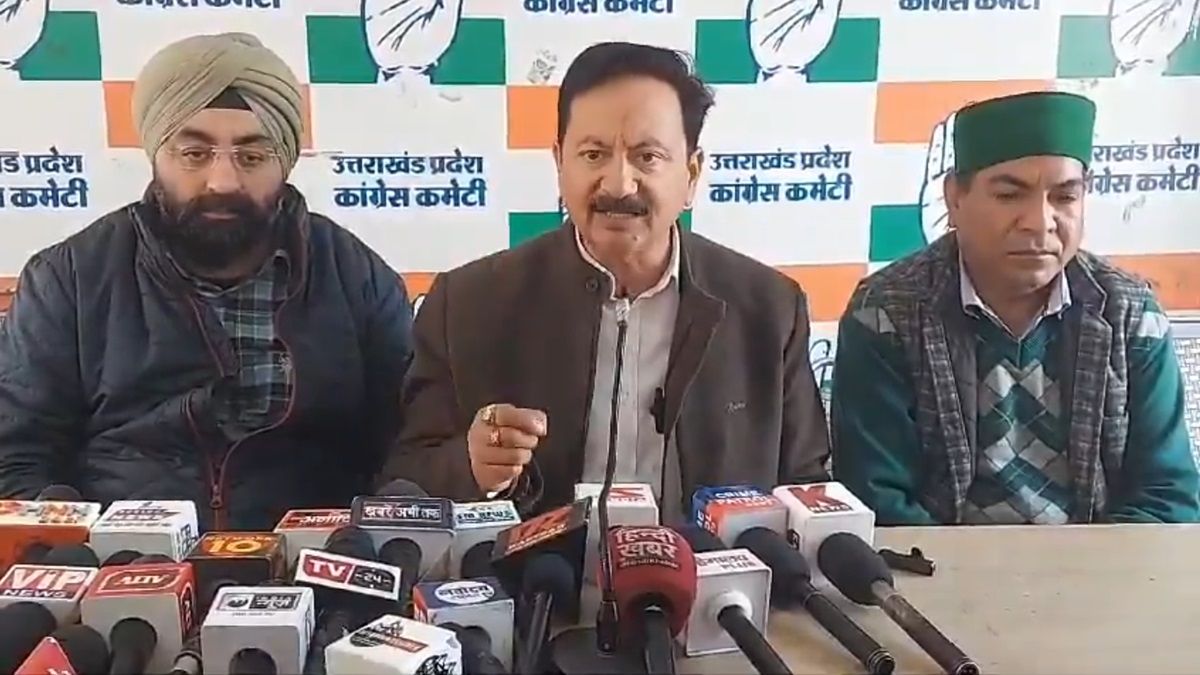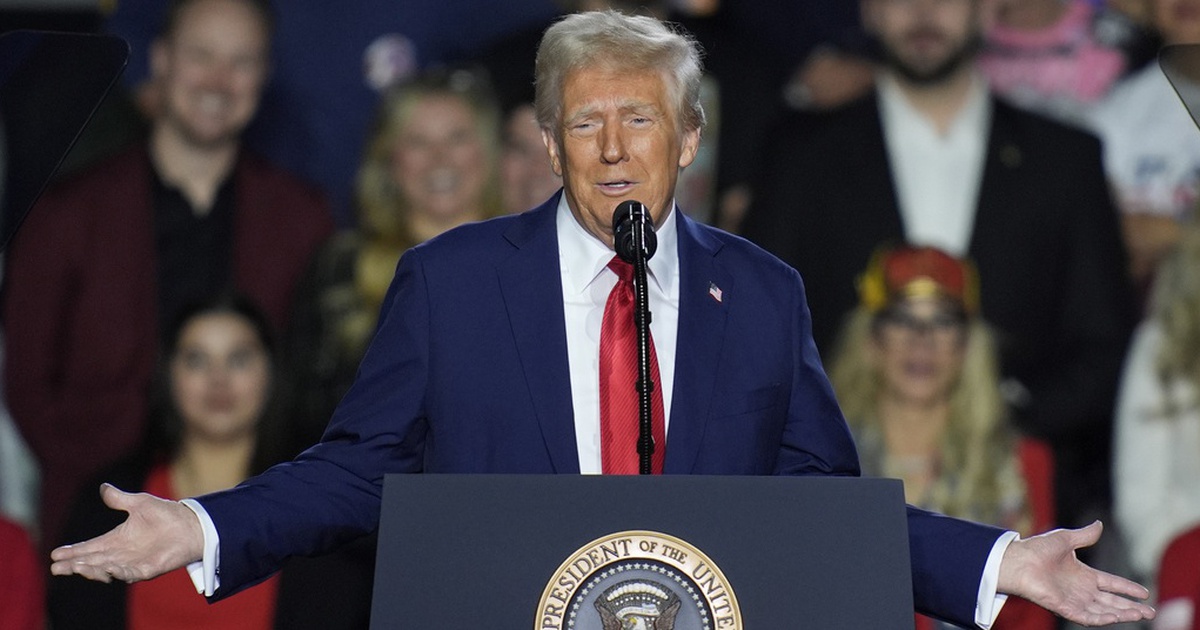Everyone was waiting for the arrival of Donald Trump. Now, with the cards dealt and the tycoon’s thick marker flying over the reports in the Oval Office, it is time for bets and feints. Among the Republican’s first blows, the softness in his treatment of China is surprising, after the recurring threats in the campaign. There are, at the moment, no tariffs or bans on TikTok.
At the Davos economic forum, the president of the European Commission, Ursula von der Leyen, and also the president of the Spanish Government, Pedro Sánchez, have shown their openness to deepening the relationship with the People’s Republic. The head of the community Executive maintained her hard line, but spoke of an “opportunity” to expand commercial and investment ties. Winks, perhaps, at the tariff threat that Trump has also waved against the EU. Although it is early to draw conclusions, in the first stages a geopolitical poker is sensed where new strategies and realignments are glimpsed. And in which China can gain prominence.
“If the United States imposes tariffs on the EU, what is the EU supposed to do?” asks a European diplomatic source based in Beijing. A natural way out, he adds, would be a rapprochement with China. In this chaotic world, with the great disruptor in the White House and in which old alliances are faltering, the Asian giant can be synonymous with “stability” for Spain and the EU, this source concludes.
China, meanwhile, remains waiting. Some senior officials confess that they trust in this rapprochement with the EU this year. The Government appears better prepared for an eventual trade battle against the United States than during Trump’s first term. In Beijing the feeling is impasse: The streets are empty, because these days people return to their towns to spend the Chinese New Year with their families (the Snake Year begins on January 29). And it gives the impression that the communist Administration is taking a vacation while the pieces of the geopolitical puzzle are rearranged.
Brussels has been hardening its message towards the Asian giant for some years, in the wake of Washington, and in recent months it has tiled its defensive wall to try to level out an unbalanced trade balance. In October, it definitively imposed tariffs on Chinese electric cars, a blow that has brought the two blocs to the brink of a trade war. But the path can still be retraced, maintains the aforementioned diplomatic voice: the negotiation is still open. And he adds another point of interest: Beijing, with its ascendancy over Russia, can be helpful in achieving peace in Ukraine.
Sánchez’s was one of the first community voices to soften the message towards China. “A trade war would benefit no one,” he said on his last trip to China, in September. Spain has become an investment destination for Chinese companies in sectors linked to the energy transition. In Davos, this week, he extended his hand towards Beijing: “One of the challenges we face in the EU,” added the Spanish president, “is how we define a common relationship with China that is positive and constructive, and of course demanding.” .
In the speech, Sánchez also drew a dividing line against the “small group of techno-billionaires who are no longer satisfied with holding almost total economic power: now they also want political power.” A direct shot against magnates like Elon Musk (whom he did not mention), the driving force behind Trump’s re-election with his millions and the algorithmic alchemy on the social network X, which he owns.
There are those who have warned that this trend could lead Madrid to a clash with Washington. “They are heading towards a strategic break,” headlined the Hong Kong newspaper. Asia Times this week an opinion article signed by Michael Walsh, a researcher affiliated with the Lasky Center für Transatlantische Studien at the Ludwig-Maximilians University of Munich (Germany). “Sanchez is no fan of Trump or the right-wing billionaires who support him, jeopardizing a crucial strategic partnership,” the subtitle read.
The article did not analyze a possible rapprochement with China. But he did warn of the distance between Madrid and Washington in the political debates about the spending objectives of NATO countries, Israeli operations in Gaza and the impact of Silicon Valley on democracy. “The Donald Trump Administration does not respond well to world leaders who launch public attacks against their supporters,” he warned.
Solutions “in mutual interest”
“I do not see a drastic change in the EU-China relationship,” points out another community diplomatic source in Beijing, when Von der Leyen’s recent speech, also from Davos, is cited. The head of the community Executive dedicated a good part to China. “I believe that we must engage constructively with China to find solutions in mutual interest,” he said on the one hand, recalling that 2025 marks half a century of diplomatic relations between the EU and the People’s Republic. “I see it as an opportunity to engage and deepen our relationship with China and, to the extent possible, even to expand our trade and investment ties.”
He warned, on the other hand, of the “shock China” that could lead to state-encouraged overcapacity, defensive trade measures, and “de-risking [reducción de riesgo]”: old acquaintances. But he stressed the intention to continue negotiating with Beijing, and to open up to other actors on the map, such as India. “This new commitment to countries around the world is not only an economic necessity, but a message to the world. It is Europe’s response to growing global competition.” Global Timesa pro-government newspaper in Beijing, has interpreted his “divided” speech as a reflection of the EU’s dilemma in its policy towards China.
Times change. And Von der Leyen’s speech contains fewer thorns than the other one delivered in March 2023, on the eve of her first post-pandemic visit to Beijing, when she accused China of wanting to change the world order to impose its dominance, of using its tools “of “commercial economic coercion” and disinformation policies for this. In Davos there was none of that. “This is the time to commit beyond the blocks and taboos,” he said.
Calls between Washington and Beijing
So far, Trump has shown a rather silky profile towards Beijing. There was a call with Chinese President Xi Jinping — “good, friendly,” according to the magnate on Fox News — before his inauguration; Then, it granted an extension for the Chinese short video social network TikTok to continue operating. The US Secretary of State, Marco Rubio, also spoke this Friday with his counterpart in the Asian country, Wang Yi.
In the call, Wang assured that ties between the two powers have reached “a new and important crossroads.” The goal, he said, must be to find “the right way for China and the United States to get along in the new era,” according to the official note from Beijing. Rubio stressed that the Trump Administration will seek a relationship “that promotes American interests and puts the American people first,” according to the statement from Washington.
Despite the threats in the campaign to impose tariffs of up to 60% on Chinese products, and the announcement that another 10% could be imposed due to Chinese involvement in fentanyl trafficking, at the moment there is nothing. And Trump has assured that he does not rule out even reaching a trade agreement with Beijing: “But we have great power over China,” he showed his fangs on Fox, “which are tariffs, and they don’t want them, and I would prefer not to have to use them.” , but it is a tremendous power over China.”
“We are still in games of artifice,” says Javier Solana, former head of community diplomacy and former secretary general of NATO. He notes that there is already a response from the EU, which indicates that it does not like Trump and, even less, the mixture of Trump and Musk. “And, therefore, if Trump starts acting arrogant, well, we have to act arrogantly, let’s say,” he continues. “But there is nothing here yet, it’s all bonfires. “We have to see what the first move Trump actually makes is on tariffs.”
The former Spanish Foreign Minister, and now president of EsadeGeo – the Center for Global Economy and Geopolitics of the Barcelona business school – adds that the EU will not in any case be in “a total anti-China position”: on the contrary, “it wants to have a relationship that is as fluid and as agreed upon as possible with China.” Regarding Trump’s alleged softness with the Asian giant, remember that Musk has the largest Tesla vehicle factory outside the United States in Shanghai. A wave of tariffs against Chinese electric vehicles does not benefit him. The presence of interests of the richest man in the world, Trump’s friend and chief tweeter, will predictably have influence in the negotiations. “We’re going to see how these things are resolved between Musk and Trump, right?” Solana ditches. “We are still in chapter zero.”

